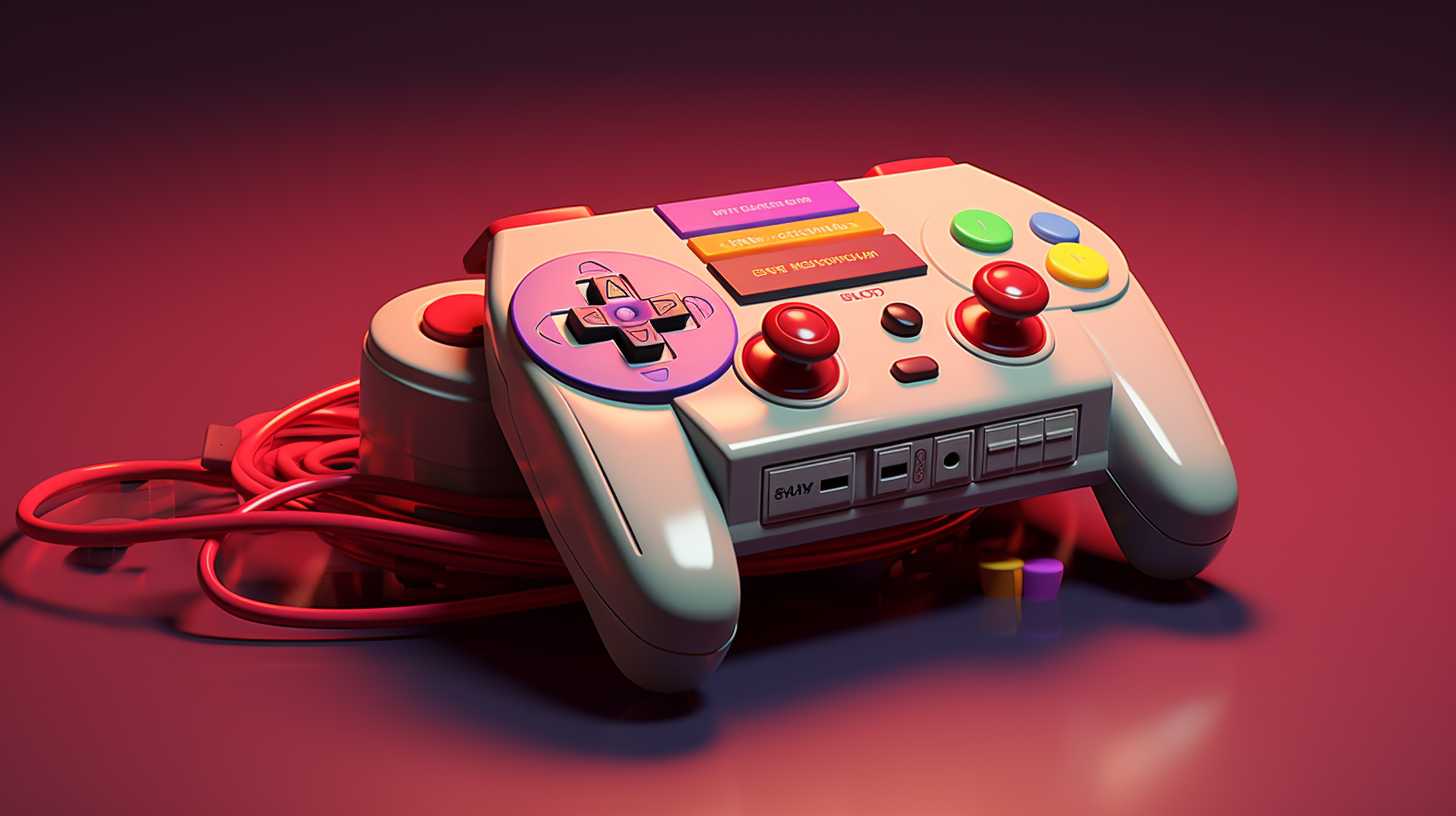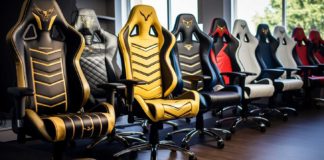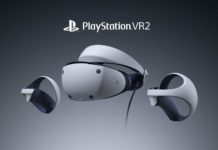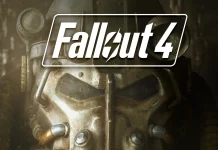
Hey gamers, ever bought a console that, for lack of a better term, absolutely sucked? We’ve all been there, and it’s a learning curve we’d rather not revisit. That’s why we’ve decided to share a hilarious, cringe-worthy but informative list of the worst game consoles of all time.
Get ready for a quirky trip down memory lane as we highlight those gaming flops that, well, flopped. From bizarre designs to unresponsive controls, these consoles gave new meaning to the phrase ‘utter disappointment.’ But the lessons learnt from these epic fails have shaped the gaming industry as we know it today, so let’s dive in and learn a thing or two from them.
Gizmondo
The Gizmondo was a handheld console released in 2005 that attempted to compete with the Nintendo DS and PSP. However, the console suffered from a lack of quality games, poor battery life, and a high price point. The Gizmondo also faced controversy due to its association with a Swedish criminal organization.
Virtual Boy
The Virtual Boy was a handheld console released by Nintendo in 1995. Despite its unique 3D display technology, the console was widely criticized for its poor graphics, limited game library, and the fact that the display caused headaches and eye strain. Additionally, the Virtual Boy's high price point and limited battery life were also major drawbacks.
Atari Jaguar
Despite being one of the first consoles to feature 64-bit graphics, the Atari Jaguar suffered from a lack of quality games and limited third-party support. The console also had poor marketing, with confusing ads that failed to communicate its capabilities. Additionally, the Jaguar's controller was criticized for being awkward to use and uncomfortable.
Philips CD-i
The Philips CD-i was marketed as a multimedia device that could play both video games and CDs. However, its high price and poor selection of games led to its commercial failure. The CD-i was also criticized for its clunky and confusing interface, as well as its lack of marketing.
R-Zone
The R-Zone was a handheld console released in 1995 that featured a monochrome display and used a cartridge-based system. However, the console suffered from poor battery life, limited game library, and a lack of quality games. The R-Zone was also criticized for its uncomfortable design and poor visibility of the screen.
Nokia N-Gage
The Nokia N-Gage was a handheld console released in 2003 that attempted to combine gaming and mobile phone technology. However, the console suffered from a confusing hardware design, poor battery life, and a lack of quality games. The N-Gage was also criticized for its high price point and poor performance.
3DO
The 3DO was a home console released in 1993 that was praised for its cutting-edge graphics and technology. However, the console suffered from a high price point, limited third-party support, and a lack of quality games. The 3DO was also criticized for its confusing and complicated hardware design.
Sega Saturn
The Sega Saturn was a home console released in 1994 that was intended to compete with the Sony PlayStation and Nintendo 64. However, the console suffered from a confusing hardware design, limited third-party support, and a lack of quality games. The Saturn was also criticized for its high price point, which was seen as a major factor in its commercial failure.
Ouya
The Ouya was a microconsole released in 2013 that was designed to run Android games on a TV. However, the console suffered from a lack of quality games, poor performance, and a clunky user interface. The Ouya was also criticized for its low-quality hardware and lack of support from major developers.






























